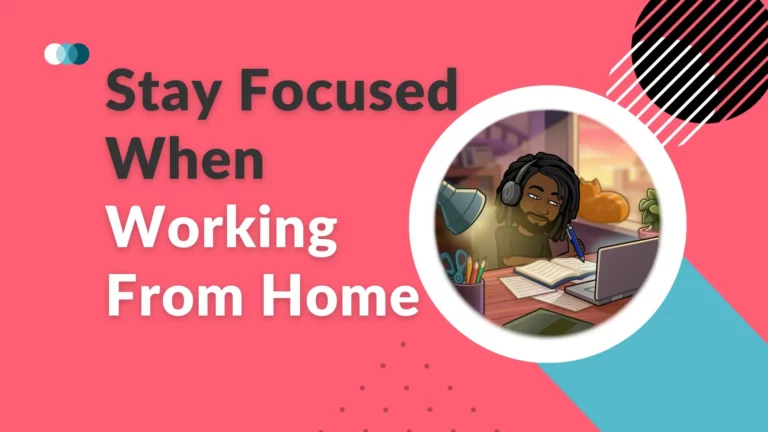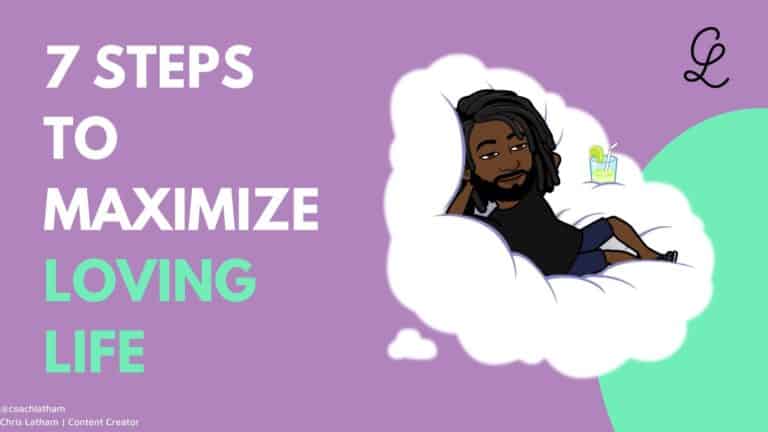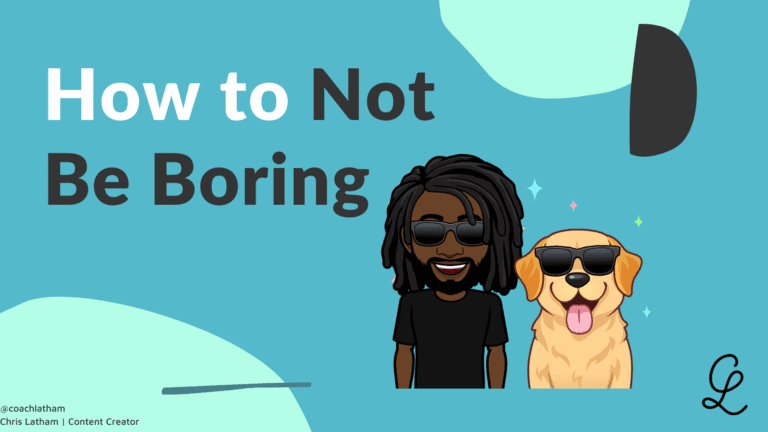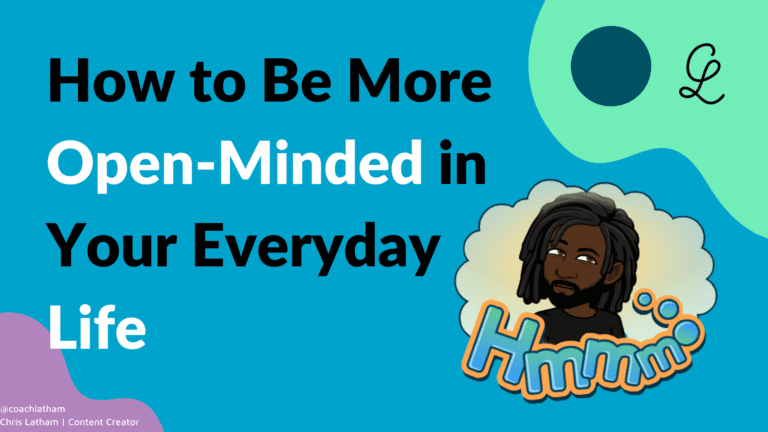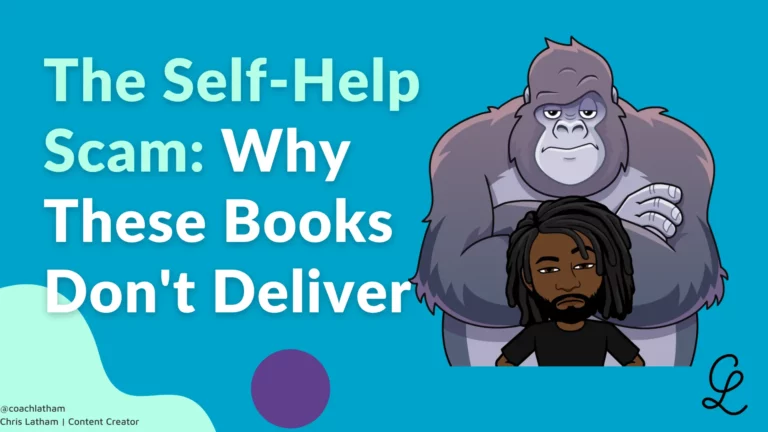How to Become a Lifelong Learner
We all want to become lifelong learners. Unfortunately, the reality is that very few of us ever get around to learning anything new. How do you change that?
The good news is that it’s not as hard as you might think – all you need is a little bit of motivation and some basic tips. Keep reading to learn how to become a lifelong learner and never stop growing!
- What is a lifelong learner?
- Why become a lifelong learner?
- When should I become a lifelong learner?
- How can I become a lifelong learner?
- What are some benefits of becoming a lifelong learner?
- Create your own learning toolbox
- Organize your learning
- Ask questions when you’re confused
- Improve your memory
- Accept responsibility for your own learning
- Final thoughts
- References

What is a lifelong learner?
A lifelong learner is someone who never stops learning. They are always looking for new opportunities to learn, whether it’s through taking online courses, reading books, or attending workshops and lectures. The most important thing is that they find something that interests them and stick with it.
It’s easy to fall into the trap of thinking that once you have a degree or diploma, your education is complete. In reality, there are many ways to learn outside of a classroom setting and make new connections with other people who share your interests. The key is finding something that resonates with you and going after it full force – no excuses!
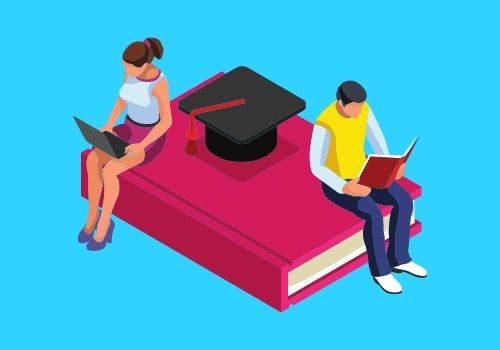
Why become a lifelong learner?
It’s no secret that the world is changing faster than ever before, so it’s important to become a lifelong learner. You need to constantly learn new things, and there are many different ways to go about it.
Lifelong learning is essential for keeping your mind sharp and your skills up-to-date. It also helps you stay motivated and engaged in the world around you. You never know what new thing you might discover or how it will impact you, so it’s always good to be prepared.
The main benefit of being a lifelong learner is that you keep growing as a person and continually expanding your mind. When you seek out new information, you can’t help but learn and grow. You’ll never be bored, and your life will constantly feel fresh and exciting.
Plus, learning new skills will help keep the mind active in old age so that when you retire from work, you’ll still be able to fill your days with enjoyable activities.
When should I become a lifelong learner?
There’s no time like the present to start learning! All kinds of learning experiences are available at any time in your life. It doesn’t matter if you’re last year of high school about to head off to university or if you’re an adult already in the workforce.
Whether you’re pursuing learning out of passion or necessity, anything that helps you grow and expand your mind is worth pursuing.
How can I become a lifelong learner?
There are many ways to become a lifelong learner. Some people like to take formal classes. Online courses provide an excellent opportunity for lifelong learners to learn anything they’re interested in, from art history and computer coding to languages and business management.
You can also take the untraditional route and read or listen to books on various subjects you might be interested in.
But what if you already have an established career and don’t want to go back to school? You can still follow your interests by attending workshops, lectures, seminars, conferences, etc. There are plenty of ways for lifelong learners to continue learning without setting foot inside a classroom.
The most important thing is to find something that truly holds your interest and stick with it.

What are some benefits of becoming a lifelong learner?
There are many benefits to becoming a lifelong learner. When you learn new things, your brain releases dopamine, making you feel happy and keeping you feeling young. It also helps improve cognitive skills, memory function, increase self-esteem, and decrease the risk of depression.
There are also many benefits when it comes to your career. Learning new skills can help you gain more responsibilities at work and even earn a promotion in some cases. You might also switch careers later on or start your own business if you have the proper knowledge.
The most significant benefit of all is it brings you one step closer to being crowned ‘The most interesting person in the world.’

Create your own learning toolbox
A learning toolbox is a great way to organize your learning materials and keep track of your progress. It can include anything from textbooks and notebooks to online courses and flashcards. Here are a few tips on how to create your own learning toolbox:
1. Choose the right materials. Not all materials are created equal, so choosing the right ones for your needs is important. Make sure the materials are relevant to your goals and interests and that they fit into your budget.
2. Understand your learning style. If you’re a visual learner, you may benefit from using visual learning tools like videos. If you’re an auditory learner, you may prefer podcasts or audiobooks. If you prefer Reading & writing, you can read books, blogs and write down notes in a notebook. If you’re a kinesthetic learner, you may want to try a more hands-on approach with practical application.
3. Find your own pace. Part of becoming a lifelong learner is knowing how to learn at your own pace and not deferring to someone else’s timeline or schedule. If you find yourself following their schedule and struggling, consider moving more quickly through some lessons and slowing down on others so that you can master the material before moving on.
4. Keep track of your progress. This can be done in many different ways, but one way is to write your learning goals down on a piece of paper and check them off as you go along. This will help to keep you organized while motivating you to keep going.

Organize your learning
One of the most important things to remember when learning is that you need to organize your material. This can be done in various ways, but an excellent way to start is by creating a study schedule and dividing your material into manageable chunks.
An often forgotten and overlooked part of organizing your study/practice time is to schedule time for taking a break. Taking breaks will relieve stress and increase your focus. Trust me, you will come back from your break feeling refreshed.
Take advantage of your surroundings
Besides organizing your material and scheduling time, you will also want to organize your study environment. Nobody wants to sit at a desk to get work done, and there is garbage all over the place.
So when it comes to your surrounding, you will want to have a dedicated study area that is free of distractions. When it comes to studying, you will want to have a nice, quiet place with a lot of natural light.
For example, create a “study corner” in your room where you can go to study/practice without being distracted by any other things going on around you. People who enjoy the outdoors might consider taking advantage of nature and studying outside.

Ask questions when you’re confused
It’s perfectly natural to feel a bit intimidated when you don’t know something. After all, nobody likes feeling like they’re the dumb one in the room. But don’t let that fear keep you from asking questions. The people around you will appreciate your willingness to learn, and you’ll gain a lot of valuable knowledge in the process.
Remember, there’s no such thing as a stupid question. So don’t be afraid to speak up and ask away. You may be surprised at how much you can learn by simply asking for clarification. And if you still don’t understand after someone has tried to explain it to you, then don’t be afraid to ask again. There’s no shame in admitting that you need help or that you don’t understand something.

Improve your memory
When it comes to learning, having a good memory is essential. If you can’t remember what you’ve learned, you’re going to have a hard time retaining the information. Fortunately, there are plenty of ways to improve your memory. One of the best ways is to practice mindfulness. When you’re mindful, you’re focused on the present moment and not worried about the past or the future. This can help you remember things more easily because you’re not distracted by other thoughts.
Another way to improve your memory is to exercise regularly. Exercise helps keep your brain healthy and functioning at its best. It also increases blood flow to the brain, which helps deliver oxygen and nutrients essential for cognitive function. Finally, make sure you get enough sleep. Sleep is critical for memory because your brain uses that time to process and store memories.
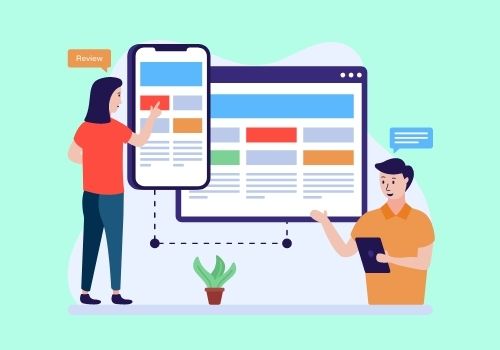
Accept responsibility for your own learning
Being a lifelong learner requires taking responsibility for your own learning. This means being self-motivated and accountable, setting goals and deadlines, and tracking your progress. It’s also important to find resources that work best for you, whether it’s books, lectures, online courses, or workshops. The most important thing is to keep challenging yourself and expanding your horizons. Finding a resource that works best for you
Final thoughts
Learning is a lifelong pursuit, and there are many different ways to go about it. The most important thing is finding something that interests you and stick with it.
I’ve learned a lot from reading books, watching YouTube videos, taking online courses on Skillshare or Udemy, attending workshops or lectures at my local library, and even just talking with friends who have different perspectives than mine.
The point is that there isn’t one best way to do it, as long as you’re constantly learning new things! If you want some help finding your own personal path of lifelong learning but don’t know where to start, email me anytime for suggestions. Learning should be something that never stops once we’ve left school behind us.
References
https://www.healthnavigator.org.nz/healthy-living/l/learning-new-things-the-benefits/
https://www.lifehack.org/articles/communication/12-signs-you-are-lifelong-learner.html
https://www.health.harvard.edu/mind-and-mood/train-your-brain
https://www.mayoclinic.org/healthy-lifestyle/healthy-aging/in-depth/memory-loss/art-20046518
https://en.wikipedia.org/wiki/Lifelong_learning
https://www.chieflearningofficer.com/2020/05/26/the-mindset-of-a-lifelong-learner/
https://theartofeducation.edu/2018/01/25/means-lifelong-learner/

